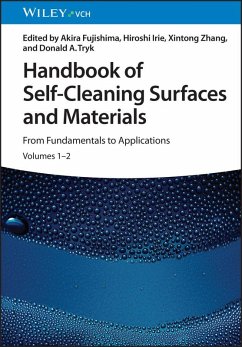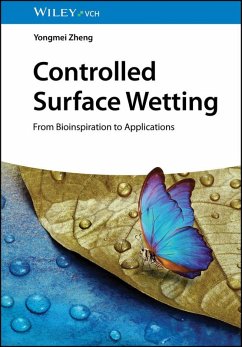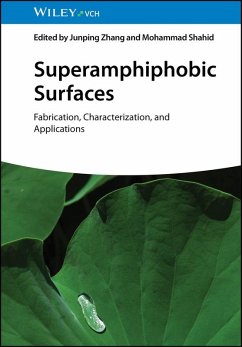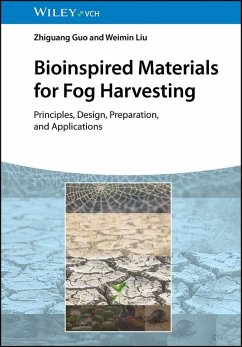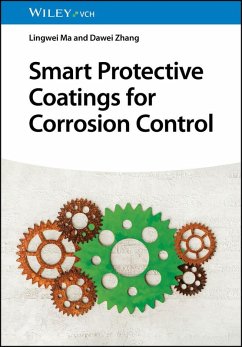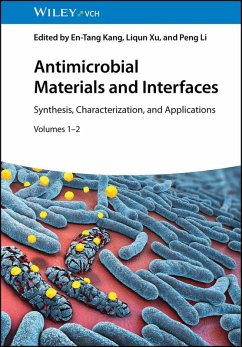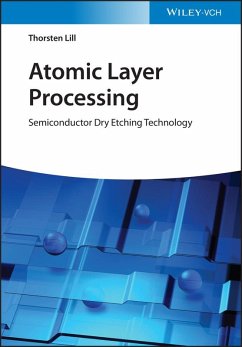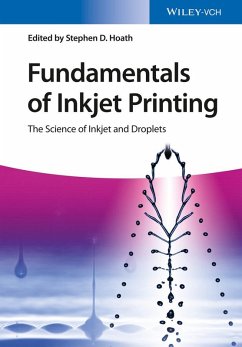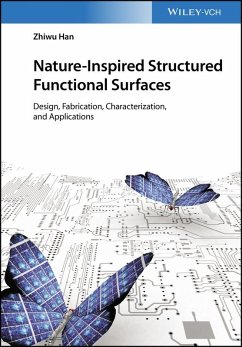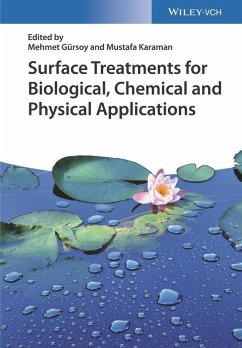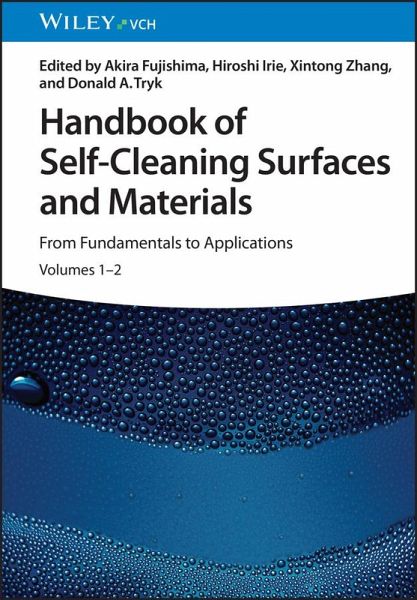
Handbook of Self-Cleaning Surfaces and Materials (eBook, PDF)
From Fundamentals to Applications
Redaktion: Fujishima, Akira; Tryk, Donald A.; Zhang, Xintong; Irie, Hiroshi
Versandkostenfrei!
Sofort per Download lieferbar
268,99 €
inkl. MwSt.
Weitere Ausgaben:

PAYBACK Punkte
0 °P sammeln!
This first truly comprehensive work on this hot topic in divided into two easy-to-follow and clearly structured volumes. The first covers the fundamentals while the second volume illustrates a wide range of different applications, including self-cleaning glass, tiles, textiles, paints, and antibacterial materials. A one-stop guide to the field for PhD students and postdocs, as well as researchers in academia and industry.
Dieser Download kann aus rechtlichen Gründen nur mit Rechnungsadresse in D ausgeliefert werden.




